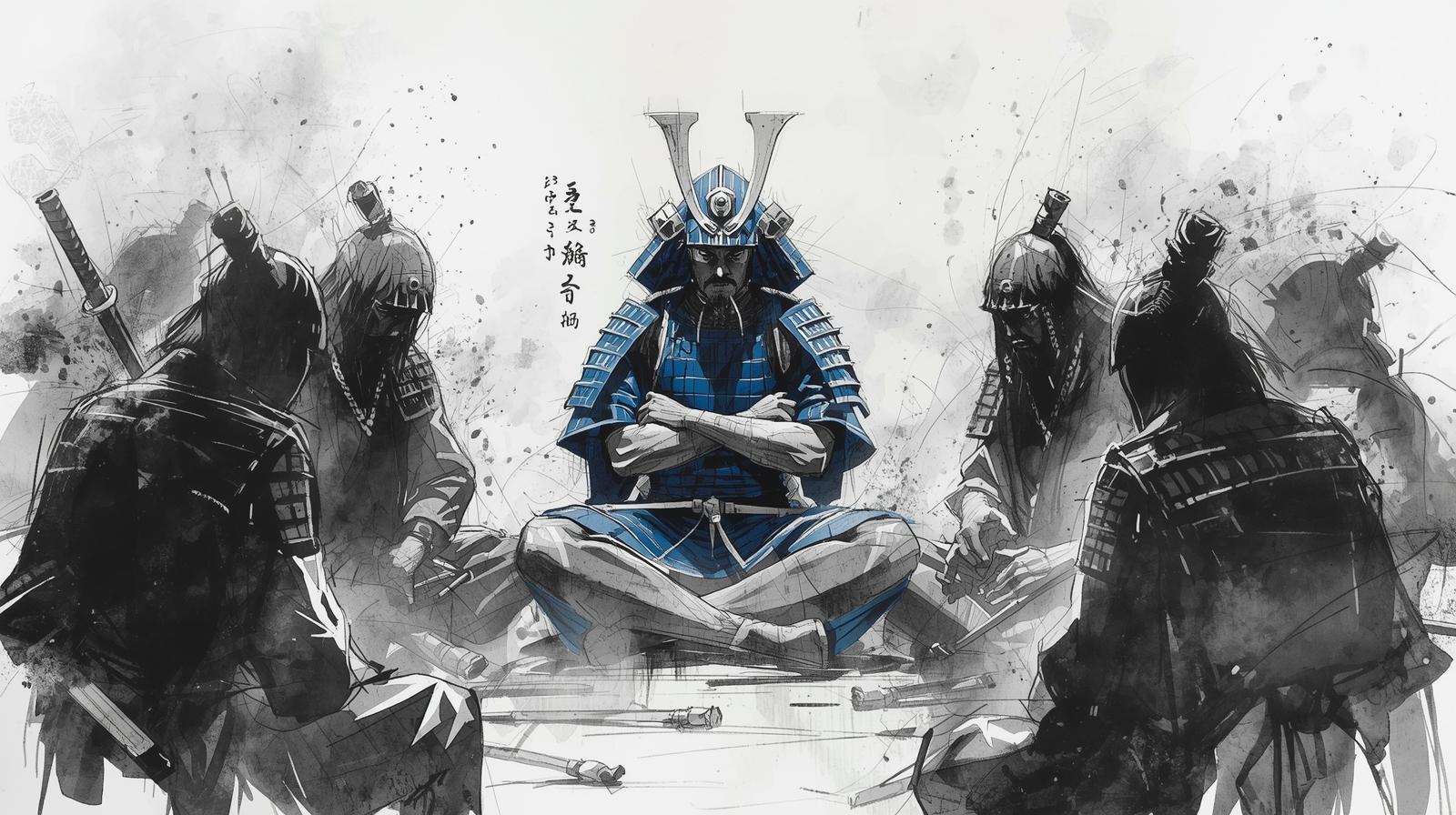Introduction
In leadership, many believe that the loudest voice wins. But history shows us a different truth: the wisest leaders often speak last.
Both Nelson Mandela, the father of modern South Africa, and Oda Nobunaga, the revolutionary warlord of Japan, shared this rare skill.
⸻
Nelson Mandela’s Style
Mandela once said that a leader should act like a shepherd, guiding from behind.
In meetings, he listened first, letting everyone share their views.
Only after all voices were heard did Mandela speak, often summarizing and giving direction.
👉 This created trust and encouraged honest discussion.
⸻
Oda Nobunaga’s Style
Oda Nobunaga (1534–1582), one of Japan’s most famous samurai warlords, followed a similar path.
During war councils, Nobunaga avoided speaking first. He knew that if the top leader gave an opinion too early, his generals would simply agree, hiding other ideas.
Instead, Nobunaga listened to all options, considered every possibility, and then made bold decisions—like adopting guns at Nagashino or breaking traditions in politics.
👉 This made him both feared and respected as a visionary leader.
⸻
What We Learn Today
Both Mandela and Nobunaga show us the same timeless lesson:
• Listen before you speak
• Encourage diverse opinions
• Decide with full knowledge, not ego
In business, politics, or personal life, speaking last is not weakness—it is strategic patience.
It allows better ideas to surface and builds stronger trust.
⸻
Conclusion
Across continents and centuries, two very different leaders shared the same wisdom:
Great leaders do not rush to speak. They wait, they listen, and then they guide.
Follow us on X for daily Samurai & Personal Finance insights → @zenfinance1101



Comments